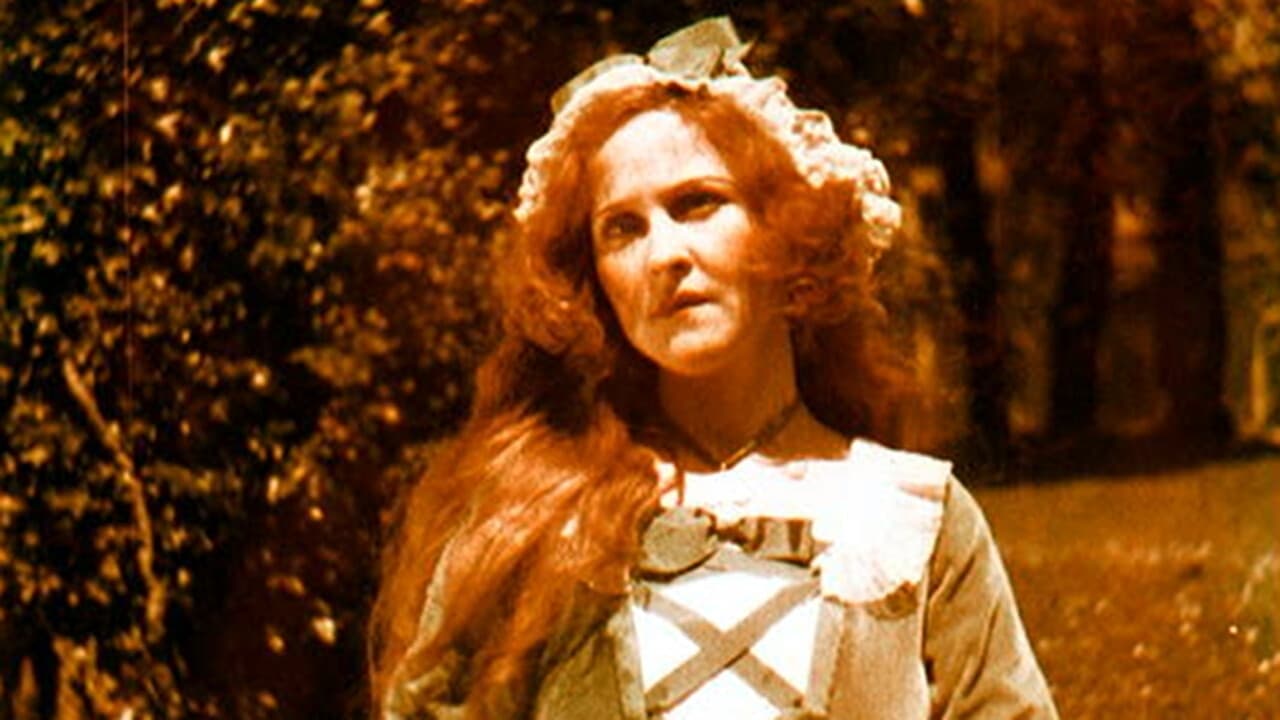
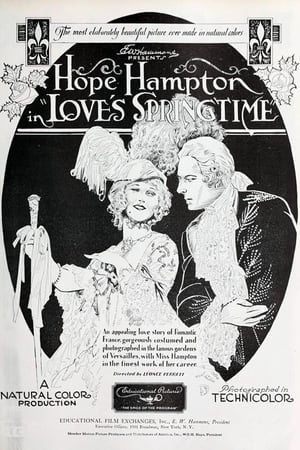
Love's Springtime(1927)
Clothilde, taken out of her convent to marry the Marquis, refuses to recognize her new husband.
Movie: Love's Springtime

Love's Springtime
HomePage
Overview
Clothilde, taken out of her convent to marry the Marquis, refuses to recognize her new husband.
Release Date
1927-11-24
Average
0
Rating:
0.0 startsTagline
Genres
Languages:
No LanguageKeywords
Similar Movies
A Romance of Old Baghdad(en)
In nineteenth century Mesopotamia a series of romantic enganglements ensue.
 6.7
6.7War and Peace(en)
Napoleon's tumultuous relations with Russia including his disastrous 1812 invasion serve as the backdrop for the tangled personal lives of two aristocratic families.
A Modern Atalanta(en)
Fresh from her college matriculation. Ruth Grantland returns to her country home. She is courted by two of the village beaux, who propose marriage. She likes the boys, but not sufficiently to marry them. Her preference is for Jack Hall, a young man of extreme culture and refinement. She tells the two boys that she will consent to marry them if they can beat her in a footrace, taking each one on separately. They agree, and she, being fleet of foot, runs away from them, crossing the line far in the lead. Jack, riding horseback, happens along and takes in the fun. Later, he proposes to Ruth.
Love in the Ghetto(en)
Everybody's ordered out on a strike when Benjamin Cohen, proprietor of a sweat-shop, reduces the employees' wages ten per cent. Rebecca Barish, a young Jewess, and her father, reluctantly go out with the rest. Unable to find other work, their circumstances become so reduced that Rebecca is obliged to go to the pawnshop with some of their belongings, and while there, Jacob Stattler, the pawnbroker, takes a fancy to her, and offers her father, through a schatehen, five hundred dollars to give her to him in manage.
 0.0
0.0The Little Minister(en)
To start a little in advance of our story, Lord Rintoul, of the English nobility, finds a little Gypsy girl three years old, who had been deserted by her parents. Fifteen years later, Gavin Dishart, the Little Minister, receives an appointment, his first, at Thrums, Scotland. This was made possible through the self-sacrifices of his widowed mother, to educate him for the ministry. The community of Thrums is made up of weavers, who work hard, have little and accomplish much. They are ultra-religious and look upon their pastor with such reverence that he is a little lower than the angels. While naturally intelligent, they are grounded in dogma and intolerance. Just after the Little Minister takes charge of the "Auld Licht Kirk" and the Manse, the weavers resent a reduction, by the manufacturers, in their pay and a strike is declared.
Over the Garden Wall(en)
Making the best of her genteel poverty, our heroine prepares to attend the dance to which she has been invited, and, after surveying the general effect of her plain and somewhat passé attire, goes on her way with a painful self-consciousness to the home of her friend.
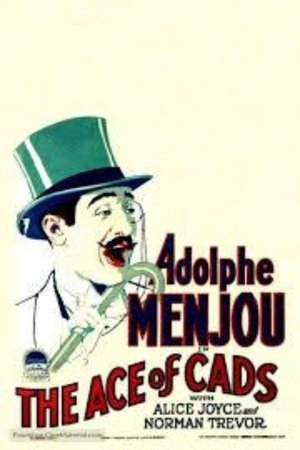 0.0
0.0The Ace of Cads(en)
An officer in the British Guards takes to drink when a friend and fellow officer convinces the woman they both love that he has another woman.
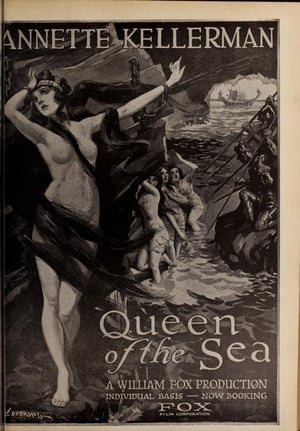 5.0
5.0Queen of the Sea(en)
Annette Kellerman, the Australian swimming star of the early 1900s, made a number of films, most of them in the 1910s, which displayed her athletic skills. Most of these films were underwater fantasies, and this one was no exception. Here, Kellerman is Merilla, a mermaid who is the "Queen of the Sea." Not satisfied with being a mermaid, she wants a mortal human body with an immortal soul. She discovers she can achieve this if she saves four human lives.
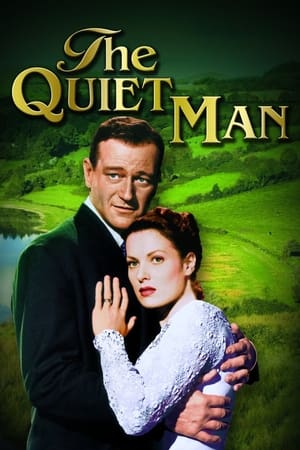 7.3
7.3The Quiet Man(en)
An American man returns to the village of his birth in Ireland, where he finds love and conflict.
Her Summer Hero(en)
Champion college swimmer and summer lifeguard Ken Holmes saves Joan Stanton from drowning. They are sweethearts until a misunderstanding causes Joan to cast off Ken for his chief competitor, Herb Darrow. Joan promises Herb she will wear his fraternity pin if he wins the big swimming race at the hotel the next day. Despondent over his loss, Ken decides not to enter the race; later, he reconsiders when he learns that Joan is to wear Herb's pin if Herb wins. Ken wins the race and resolves his misunderstanding with Joan.
Song of the Shell(en)
Suffering with ennui, bored by society, Annie Bradley, a wealthy girl, is anxious to make her time more profitable by doing something worthwhile.
The Strategy of Ann(en)
A Short comedy starring Mabel Normand. The film is considered lost.
The New Teacher(en)
Society girl Constance Bailey becomes a schoolteacher in New York's Lower East Side, telling her fiancé, Bruce Van Griff, that she is sailing to Europe.
A Juvenile Love Affair(en)
Two little children, who think themselves very much in love with each other, imbued with the ideas of their elders, plan a romantic marriage. Alvin Strong, the boy, confides his intentions to the family's servant, Jaspar. Alvin arranges with Jane, his sweetheart, to elope in the usual way, through a window, with the assistance of a ladder.
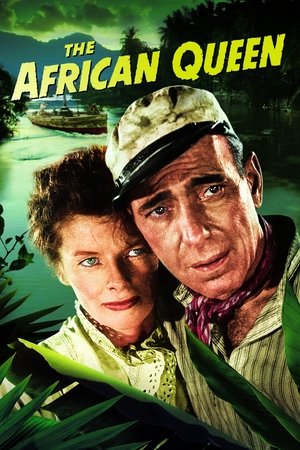 7.4
7.4The African Queen(en)
At the start of the First World War, in the middle of Africa’s nowhere, a gin soaked riverboat captain is persuaded by a strong-willed missionary to go down river and face-off a German warship.
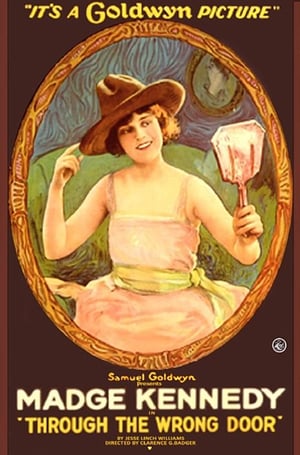 0.0
0.0Through the Wrong Door(en)
A young woman goes to visit friends but mistakenly rings at the wrong address. She is greeted and taken in out of the storm by a handsome young man to whom she is immediately attracted. What she does not know, however, is that this young man has been fleeced by her father and has sworn vengeance against him.
Her Forgotten Dancing Shoes(en)
The night of the grand reception and dance finds Belle Oakley in high glee as she leaves for the reception. She arrives at the reception and discovers that she is without her dancing shoes. She announces her loss and immediately all the young men volunteer to go in search of them. Harry Brown, who was not as quick as the others, is left behind and sits dejectedly on the curb while the others drive away.
 0.0
0.0Bertha the Sewing Machine Girl(en)
Bertha Sloan loses her job as a sewing-machine girl and subsequently is employed as telephone girl with a lingerie manufacturing company. She soon falls in love with the assistant shipping clerk, Roy Davis, and is promoted to chief model for the firm, owing to the patronage of Morton, the wealthy and wicked manager. Bertha is about to take a position in Paris as designer when Morton lures her to his home.
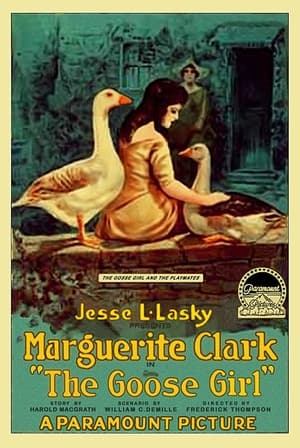 0.0
0.0The Goose Girl(en)
Count Von Herbeck, the chancellor to the Grand Duke of Ehrenstein, is married but keeps the fact secret on account of his high ambitions. His wife, dying, writes him a letter urging him to make their little child a great lady. A lost film.
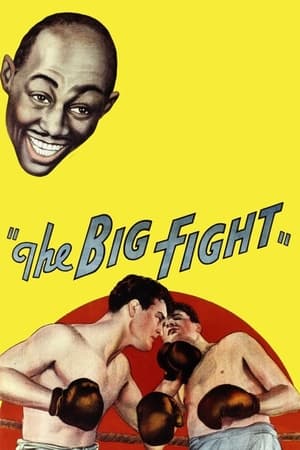 3.0
3.0The Big Fight(en)
Based on the David Belasco stage production of the Max Marcin play in which heavyweight-champion Jack Dempsey played the role of the fighter, Tiger: This "behind-the-scenes look of a heavyweight-championship fight" looks much like all of the other boxing films in which the Champ gets involved in a frame-up and is asked to take a dive.


